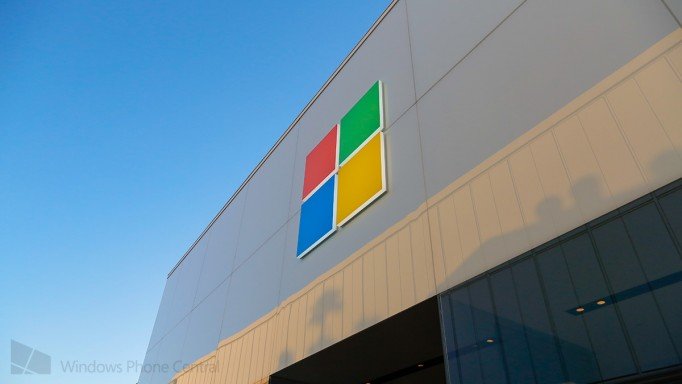
All the latest news, reviews, and guides for Windows and Xbox diehards.
You are now subscribed
Your newsletter sign-up was successful
Microsoft recently celebrated the start of a new year – at least for those who watch Microsoft. July marks the start of the fiscal year for Microsoft and today they’ve shared their financial results for their fourth quarter of 2013. The big news? The company had a 10 percent increase in revenue for the same quarter the previous year. The Redmond company reported $19.90 billion in revenue for Q4 2013 as they enter their phase as a devices-and-services company.
Apparently we’ve entered a “post-PC” world, but don’t tell Microsoft as they bring in $19.90 billion in revenue, which resulted in net income (profit) of $4.97 billion. The company went on to post diluted earnings at $0.59 per share. It wasn’t all sunshine and daffodils as the Surface RT project lost Microsoft $900 million. Here’s how the main divisions within Microsoft did:
- Windows - $4.411 billion revenue with $1.09 billion profit
- Online Services - $800 million revenue with $372 million loss
- Servers and Tools - $5.502 billion revenue with $2.33 billion profit
- Entertainment and Devices - $1.915 billion revenue with $110 million loss
- Business Division - $7.231 billion revenue with $4.87 billion profit
The format above is the last time you’ll see financial results reported like that. Because of the recent reorganization to a company that focuses on devices and services we’ll see a different structure. For example, devices like the Xbox, Surface and any other hardware makes falls under the leadership of Julie Larson-Green in the Devices and Studios division. It will be interesting to see how the financial structure looks one year from now.
More detailed analysis coming.
Source: Microsoft
All the latest news, reviews, and guides for Windows and Xbox diehards.

Sam Sabri was formerly the Managing Editor for Windows Central, covering Windows Phone, Microsoft Build, and many more topics.
